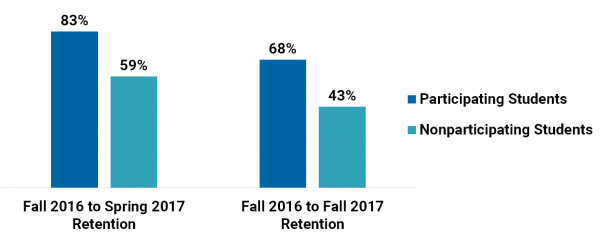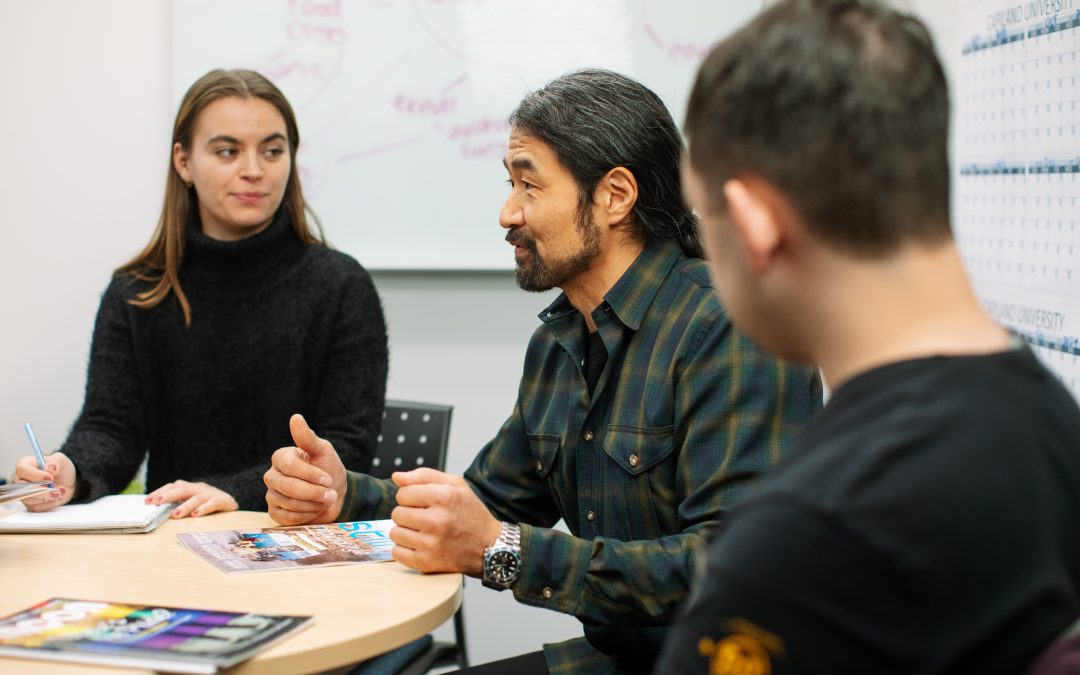Faculty at Oakton Community College were losing students from their programs at an alarming rate. Struggling with a lack of student persistence and without the resources for additional student supports, they created the Persistence Project to study the research on what teaching practices were most effective in retaining students.
Ultimately 132 faculty with 1200 students committed to doing four key things in the first few weeks of the term:
- Learn your students’ names, how to pronounce them correctly and their preferred pronouns.
- Return an assignment to each student early in the term with formative, success-oriented feedback
- Set and articulate high academic standards for the course but also make it clear that students who struggle aren’t doomed because academic support is available.
- Meet one-on-one with each student for a 10-15 minute conversation at some point during the term.
The project led to improvements for all students, but the biggest impact was on students of colour. Students who were enrolled in a course section following the Persistence Project protocol had a 17 percent higher Fall-to-Spring persistence rate than students in other programs but for some of the most marginalized groups the difference was closer to 25%. Faculty who had taught for many years found the process of getting to know all of their students, rather than just a few, transformative.

Researchers Peter Felten (our CapU Symposium keynote in 2023) and Leo Lambert interviewed nearly 400 students, faculty and staff at 29 U.S. institutions to gather practical advice on how to develop and sustain relationship-based learning in your own classroom.
Interested in a deeper dive on this topic?
Check out this free online book for faculty: Relationship-Rich Education – Center for Engaged Learning
And share this free guide for students: Connections Are Everything – Center for Engaged Learning

Recent Comments